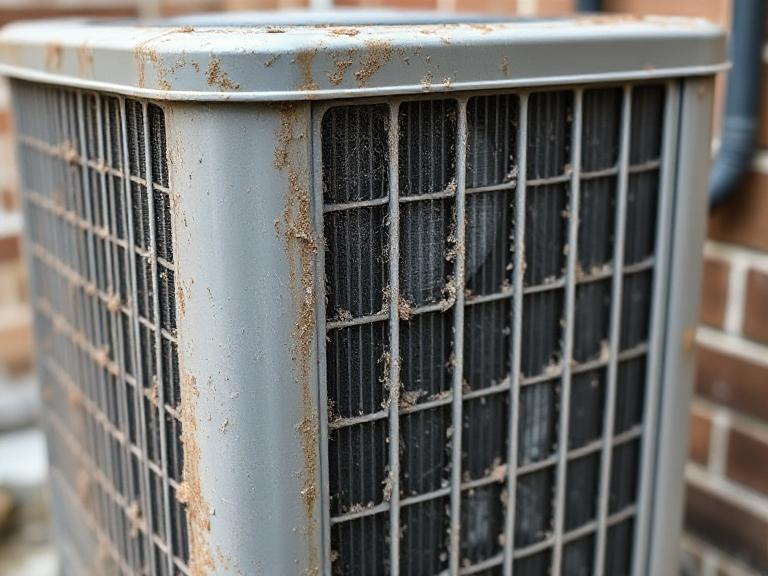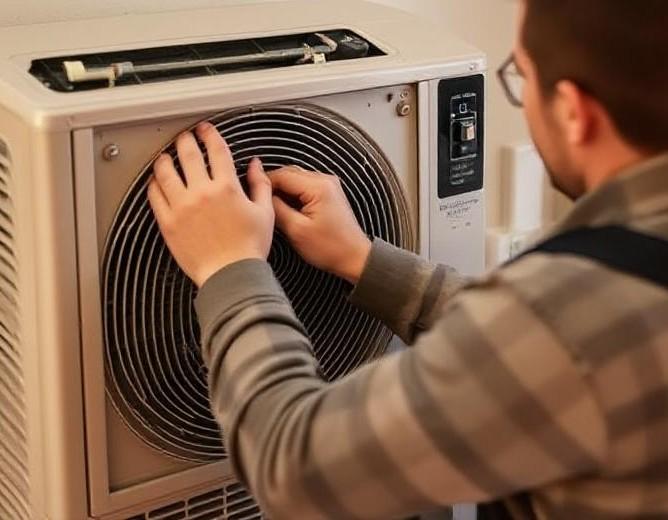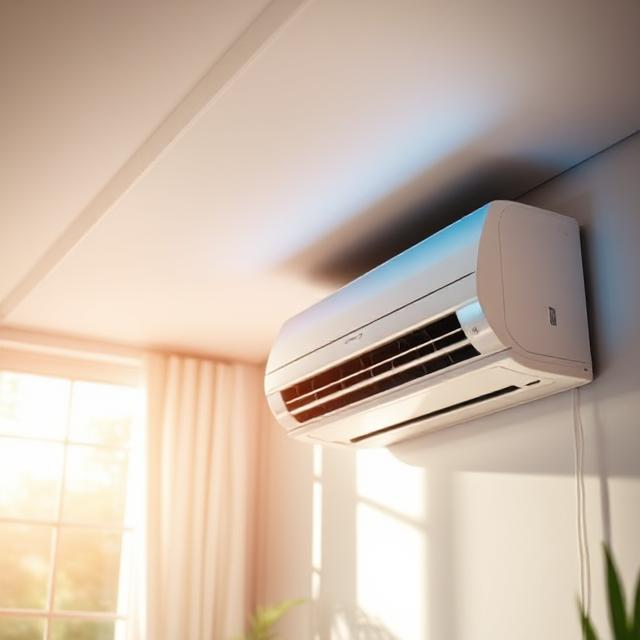Understanding AC Repairs: What Is The Most Common AC Repair?
In the heat of summer, few things are as comforting as a well-functioning air conditioner (AC). However, when that beloved unit starts to falter, it can turn your oasis into an uncomfortable sauna. Understanding AC repairs is crucial for maintaining your home’s comfort. In this article, we’ll delve into common issues that plague air conditioning systems, with a particular focus on how you can effectively address them.
Understanding AC Repairs: What’s the Most Common Issue?
When it comes to air conditioner repair, the most frequently encountered problem is a lack of cooling. This issue can stem from various underlying factors and can manifest in several ways. Whether your AC is blowing warm air or just not cooling your space adequately, it’s essential to understand what might be going wrong.
What Causes an Air Conditioner Not to Cool?
There are several reasons why your air conditioner may not be performing optimally. Here are some common culprits:
How Can You Diagnose These Issues?
Diagnosing issues with your AC unit starts with checking the basics:
- Inspect and change filters regularly.
- Look for visible signs of refrigerant leaks (often indicated by ice buildup).
- Ensure that your thermostat is set correctly and functioning.
Common AC Problems and Their Solutions
After identifying what's wrong, let’s explore solutions for these prevalent problems.

1. Clogged Air Filters
Why Filters Matter
Air filters play a crucial role in maintaining airflow in your HVAC system. If they’re clogged, the system works harder, resulting in increased energy costs and reduced cooling efficiency.
Solution
To address this issue:
- Replace or clean filters monthly during peak usage months.
- Invest in high-efficiency particulate air (HEPA) filters for better dust elimination.
2. Refrigerant Leaks
Understanding Refrigerants
Refrigerants are essential for absorbing heat from inside your home and releasing it outside. A leak can cause significant inefficiencies.
Solution
If you suspect a leak:
- Contact a professional technician to locate and repair leaks.
- Refill refrigerant levels as necessary after repairs.
3. Thermostat Troubles
Calibrating Your Thermostat
An improperly functioning thermostat can lead to discomfort as it misreads indoor temperatures.
Solution
To fix this:
- Check that the thermostat is level and away from direct sunlight.
- Consider upgrading to a smart thermostat for better control over your environment.
4. Blocked Condenser Coils
The Importance of Coils
Condenser coils release heat absorbed by the refrigerant back into the atmosphere.
Solution
Keep coils clean:
- Regularly inspect outdoor units for debris like leaves and dirt.
- Schedule annual maintenance checks with an HVAC professional.
Maintenance Tips for Your AC Unit
Preventative maintenance goes a long way in ensuring smooth operation throughout hot months. Here are some tips:
Regular Inspections
Schedule routine check-ups at least once a year with certified professionals who specialize in air conditioner repair.

Seasonal Cleaning
Conduct seasonal cleanings before peak usage times—spring cleaning should include checking both indoor and outdoor units thoroughly.
Monitor Energy Bills
Keep an eye on reliable air conditioning repair service energy consumption; unusual spikes could indicate inefficiencies needing immediate attention.
Understanding Common Air Conditioner Repair Costs
Knowing what to expect financially when facing repairs is essential for homeowners.
Typical Costs Involved in Repairs
| Repair Type | Average Cost Range | |---------------------------|--------------------| | Filter Replacement | $20 - $100 | | Refrigerant Recharge | $150 - $400 | | Thermostat Replacement | $100 - $300 | | Annual Maintenance Check | $75 - $200 |
DIY vs Professional Help
While minor issues like filter changes can often be tackled alone, more complex problems like refrigerant leaks should always be handled by professionals due to safety concerns involving chemicals used in refrigerants.

Signs Your Air Conditioner Needs Immediate Attention
Sometimes, issues escalate quickly; here are signs you shouldn’t ignore:
FAQs About Air Conditioner Repair
1. How often should I service my air conditioner?
It’s advisable to have your AC serviced annually—preferably before summer kicks off—to ensure optimal performance.
2. What should I do if my air conditioner freezes up?
Turn off your unit immediately and allow it to thaw completely before troubleshooting potential causes such as dirty filters or low refrigerant levels.
3. Can I perform DIY repairs on my air conditioner?
While some minor tasks like changing filters are manageable, complex repairs—especially those involving electrical components—should be left to professionals.
4. How long does an air conditioning unit typically last?
Most units last around 15-20 years with proper maintenance; however, efficiency tends to drop after about 10 years without regular servicing.
5. What can cause my electric bill to spike unexpectedly?
A malfunctioning unit drawing excessive power could cause spikes; also consider external factors like extreme weather conditions affecting energy consumption patterns.
6. Is it worth repairing an old air conditioning unit?
If repair costs exceed half of replacing the unit or if it's older than ten years, consider investing in new energy-efficient models instead.
Conclusion: Navigating Air Conditioning Challenges with Confidence
Understanding AC repairs doesn’t have to be daunting! By familiarizing yourself with common issues such as inadequate cooling due to dirty filters or refrigerant leaks, you’ll empower yourself to take action when needed—and ultimately enhance both comfort and efficiency within your home environment!
Whether you choose DIY methods or prefer calling in professionals for help, remember that regular maintenance plays a critical role in prolonging the lifespan of your system while avoiding costly surprises down the line! So keep cool this summer by staying informed about everything related to understanding AC repairs: what’s the most common issue and how can you address it?